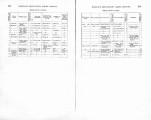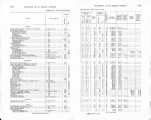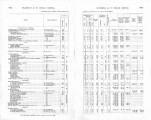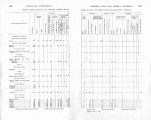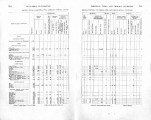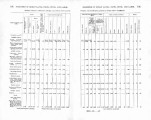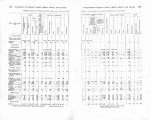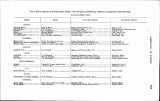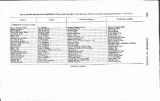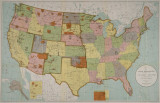| Title |
Annual Report of the Commissioner of Indian Affairs - 1901 (Pt I) |
| Subject |
Indian reservations; Federal government; Indians of North America; Indians of North America--Education; Courts; Allotment of land; Land use; Railroads; Timber; White people--Relations with Indians; Health; Annuities; Horses; Crime; Missionaries; Irrigation; Grazing; Alcohol; Livestock; Water rights; Natural resources; Education; Religion; Treaties; Employment (Economic theory); Work; Tribal government; Culture; Children; Indigenous peoples--North America |
| Keywords |
Annual Report; Indian Agency; Reservations; Resources; Tribal Funds; Land Rights; Allotment; Superintendency; Native Americans |
| Publisher |
Digitized by J. Willard Marriott Library, University of Utah |
| Tribe |
Ute; Navajo |
| Language |
eng |
| Description |
Excerpts concerning Utah from the Annual Report of the Commissioner of Indian Affairs - Courtesy of the University of Wisconsin Digital Collections. Commissioner Jones discusses the importance of increasing education and eliminating poverty among the Indians, the distribution of allotments, irrigation projects on the Uintah Reservation, the distribution of grazing permits, land surveying, etc. Uintah Ouray Reservation Agent H.P. Myton provides demographic data pertaining to the reservation and discusses education, health, agriculture, and Westernization of culture. Superintendent of the Uintah School E.O. Hughes outlines disciplinary methods, health concerns, and academic progress. Superintendent Jno. M. Commons of the Ouray School describes a decrease in attendance, the spread of communicable diseases, farming operations, and the condition of buildings on the school's property |
| Type |
Text |
| Coverage |
Uintah and Ouray Indian Reservation (Utah); Utah; Washington (D.C.) |
| Format |
application/pdf |
| Rights |
Digital Image © 2011 America West Center. All Rights Reserved |
| ARK |
ark:/87278/s6pz85gr |
| Creator |
Commissioner of Indian Affairs; Jones, William A.; Myton, H.P.; Hughes, E.O. |
| Date |
1901 |
| Spatial Coverage |
Uintah and Ouray Indian Reservation (Utah); Utah; Washington (D.C.); Whiterocks (Utah) |
| Setname |
uaida_main |
| ID |
373812 |
| Reference URL |
https://collections.lib.utah.edu/ark:/87278/s6pz85gr |


















































































































































































































































































































